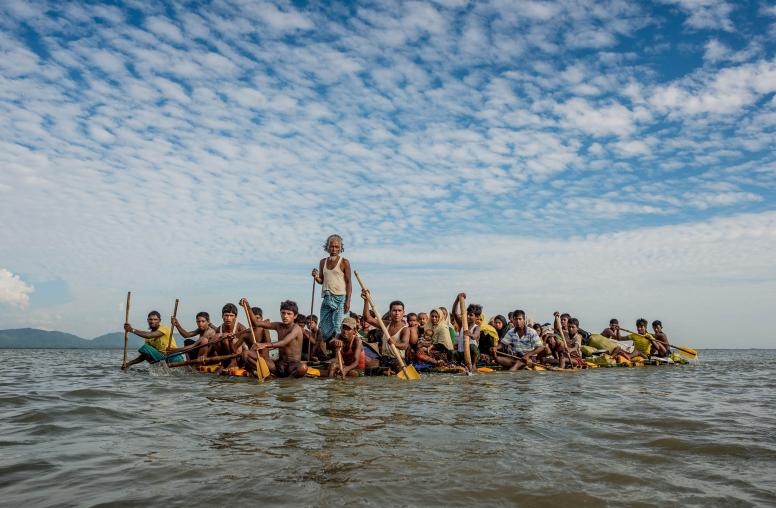Fragile States: From the Sahel to Lake Chad to Burma
Confronting Extremism, Gender and State Capacity to Curb Violent Conflict
Read the Event CoveragePolitical turmoil, corruption, and extremist violence often originate in fragile states, those where government lacks either the capability or the legitimacy to provide for its people. On June 6, the Conflict Resolution and Prevention Forum held a discussion at the U.S. Institute of Peace on select factors that undermine the ability of countries to withstand shocks, and a review of case studies that can guide policy in addressing key weaknesses.
The annual Fragile States Index, released in May by the Fund for Peace, documented the trend of worsening fragility. USIP in 2016 drew a spotlight to the links among state fragility, violent conflict and sustainable peace, with the release of a report by the Fragility Study Group. This event represents USIP’s continuing research and analysis on fragile states.
The panelists discussed strategies and successes in the drive to turn the tide. The experts explored structural fragilities in the Sahel; civil society and gender in fragile states; the connection between fragility and violence; and how development, diplomacy and defense officials and their organizations intersect, in case studies from the Lake Chad Region, Burma and Jordan.
This discussion is part of the Conflict Prevention and Resolution Forum, a consortium of seven Washington-area organizations, including USIP. They have worked since 1999 to share ideas from across disciplines that can improve the ability to manage conflicts and prevent violence.
A recording of this event is available on this event page.
Speakers
Madeline Rose
Senior Policy Advisor, Mercy Corps
Sanam Naraghi-Anderlini
Executive Director, International Civil Society Action Network
Vivian Lowery Derryck
President and CEO, The Bridges Institute
Beth Cole
Special Advisor, Violent Extremism, Conflict and Fragility, USIP
Patricia Taft, Moderator
Programs Director, Fund for Peace



